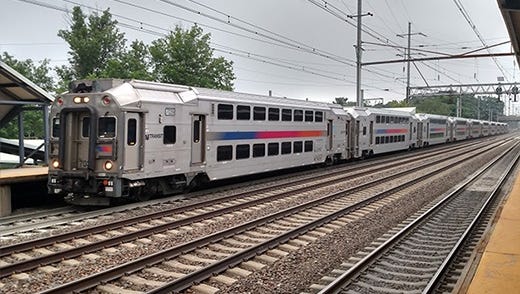

Throughout all this you'll become qualified on the operating rules, physical characteristics, and all applicable special instructions that we use. Eventually you will get to a point where you'll be running passenger trains on regular assignments with an instructor. Afterwards, you'll dive into more field work actually moving locomotives in the yard as a student, followed by even more classroom time. The first several months are strictly classroom, going over basic NORAC operating rules and NJT special instructions.

There is some merit to that though in my opinion it trains people to have acute attention to detail and be able to memorize vast quantities of information. You'll be required to memorize mechanical systems and diagrams that will probably never reference or use in your career. The program is also known for being very extensive and thorough, almost to a fault. It's absolutely doable, but you definitely need to have a serious commitment. You will absolutely need to study in your time outside of class to succeed. 5 days a week Monday thru Friday in the classroom/field with tests and quizzes essentially every day. I will start out by saying yes, it is a hard program (at least compared to what our conductor training is like, as well as some other railroads others can chime in on that).

So I'm a conductor at NJ Transit but I'm about to start the engineer program in May so hopefully I can render some assistance.


 0 kommentar(er)
0 kommentar(er)
